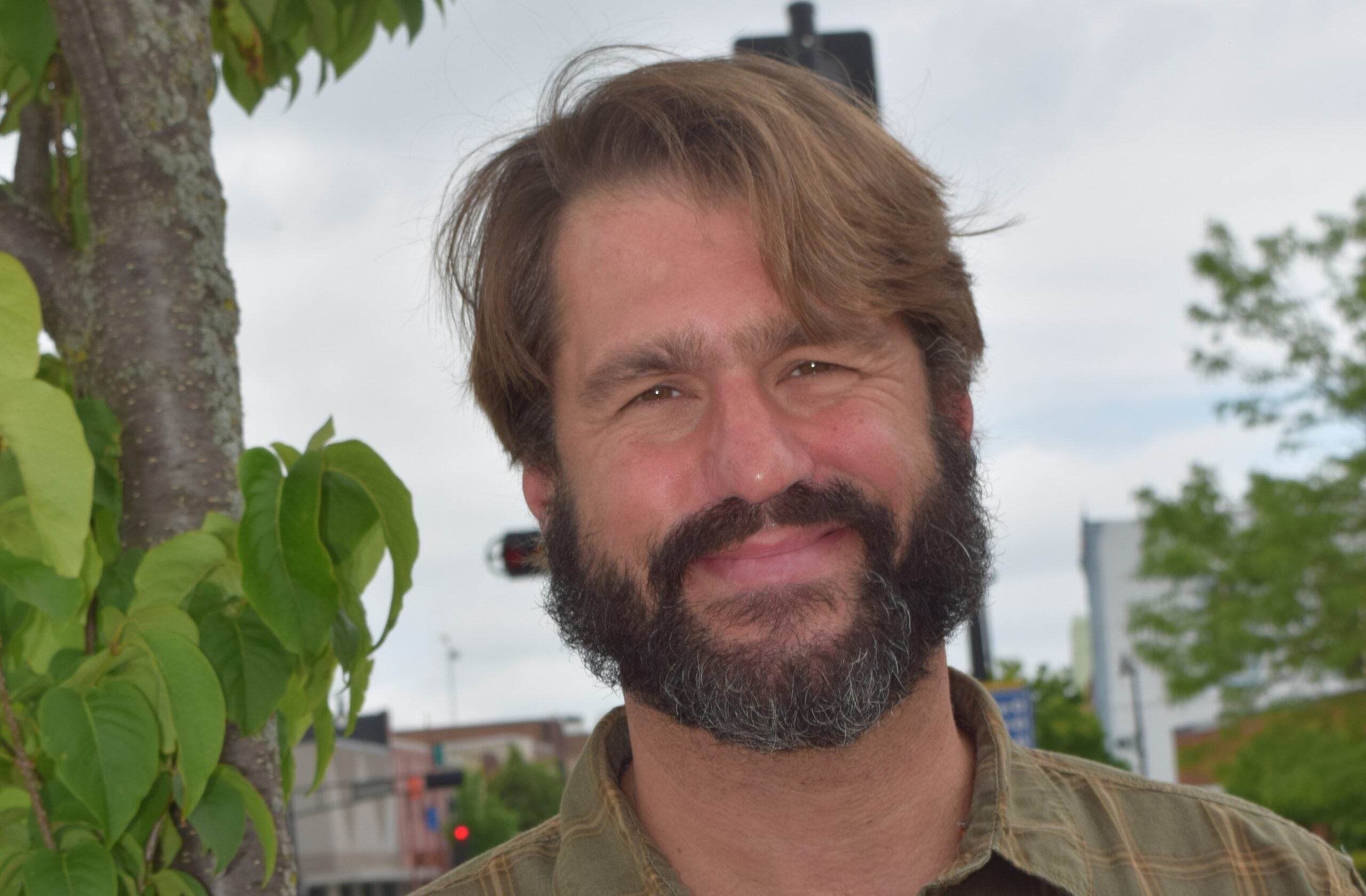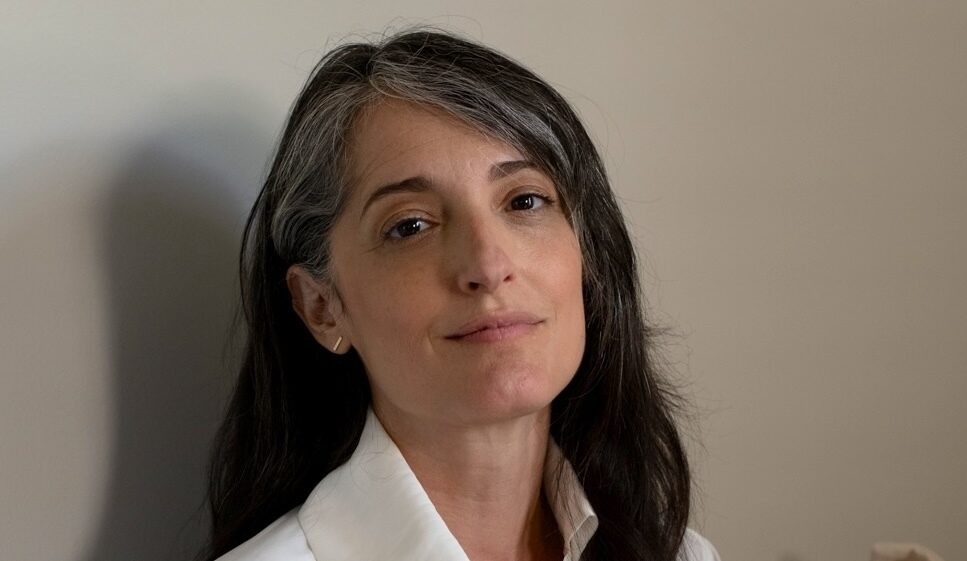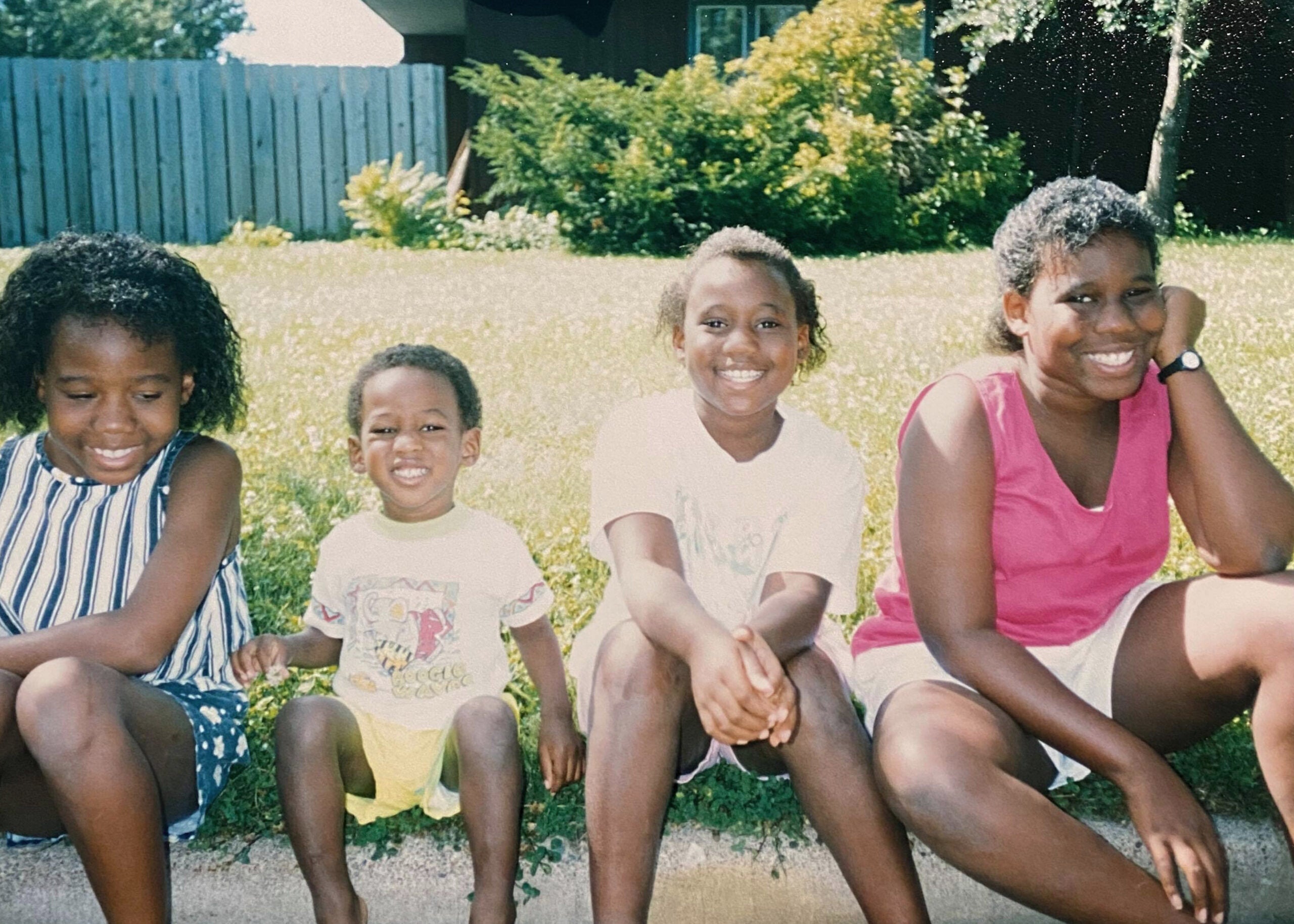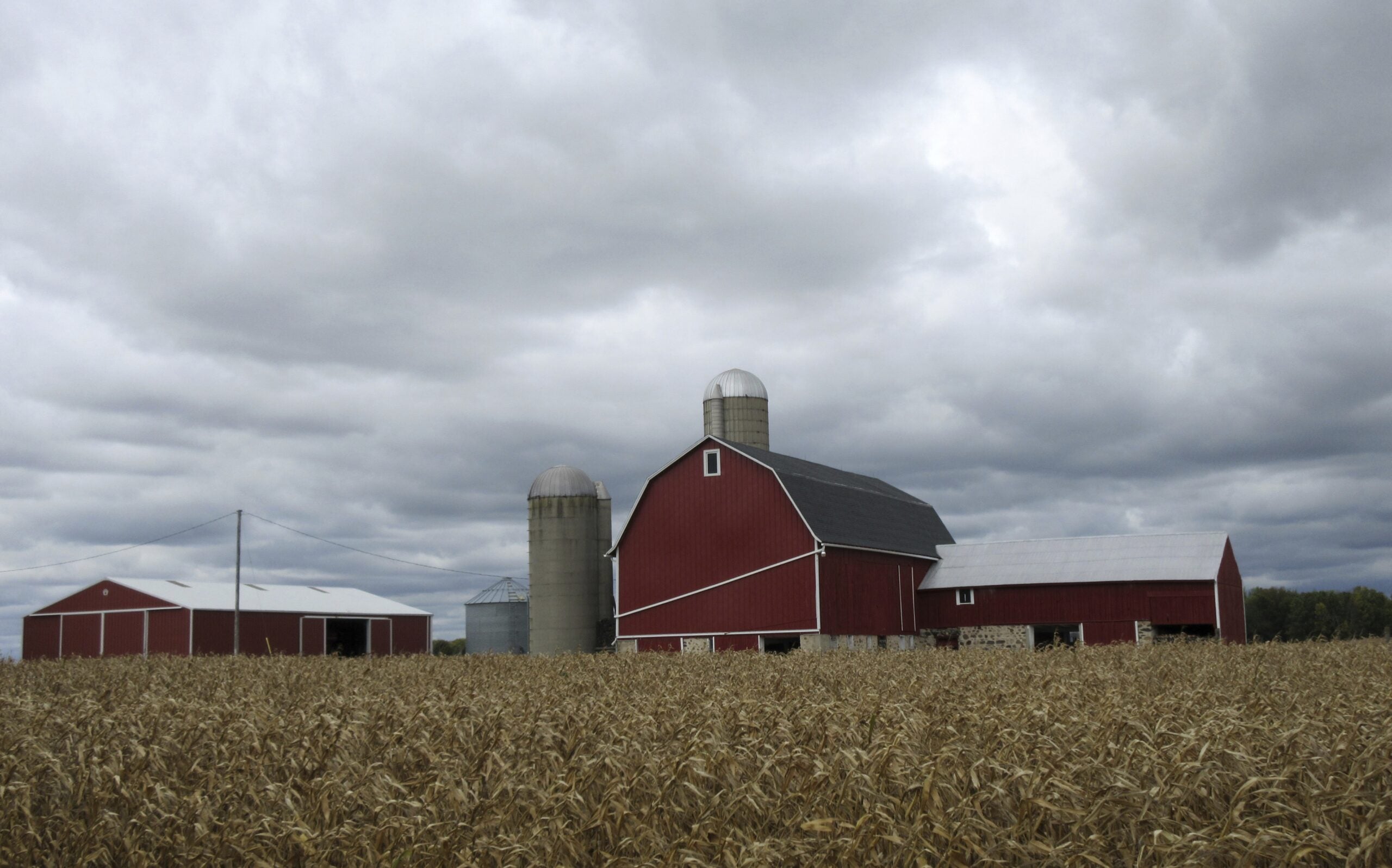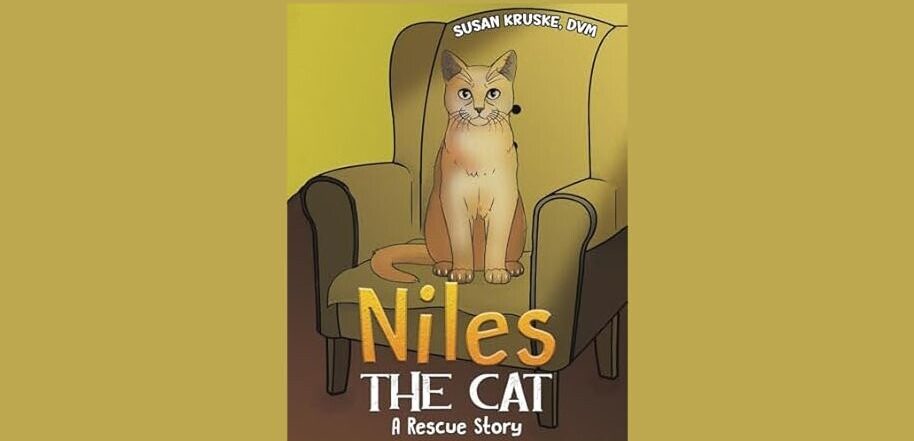A new collection of short stories by Wisconsin author Chris Fink puts readers eye-to-eye with the fault lines of families and the divide between urban and rural cultures.
“Add This to the List of Things That You Are” is Fink’s second book. Fink teaches at Beloit College, and is the editor of the Beloit Fiction Journal. WPR’s Melissa Ingells traveled to Beloit College to speak with him about his new book.
The following interview highlights were edited for brevity and clarity.
Stay informed on the latest news
Sign up for WPR’s email newsletter.
Writing The Great Divide
Chris Fink: I pitched the book as a book that explores the urban-rural divide.
Since 2016, the whole country’s been interested in what happens in the middle of the country.
Reporters from Huffington Post have been chasing around people with pickup trucks. There’s a new interest in the Midwest and working class Americans, especially the white working class. So, if anything I’ve ever done is topical, I suppose it’s topical for that reason.
I think fiction writers shouldn’t proselytize. I’m not a doctrinaire person, certainly not in my writing, so I just try to tell a story. But a lot of the stories are these rural folks who are sort of in urban environments and are sometimes flabbergasted and unprepared for that. I do think that’s a story that popular media is more interested in than, say, before 2016.
Exploring Fatalism
Melissa Ingells: Another thing I sensed is that a lot of your stories have this feeling that something bad is about to go down. Is that conscious? Is that something you want to portray?
CF: I have to confess that I’m a fatalist. There’s a story in the book called “High Hopes for Fatalists Everywhere,” and that was my original title story for the collection. So, I think I have a fatalistic impulse, but also you need conflict in stories.
People often ask me, “Why are these so dark? Life isn’t really that dark.” No, it’s not — not always. But you need conflict in fiction. That’s what short stories explore. So, I often tell my students, “The life you want to live is not the life you want to read about.”
I think that I have kind of a dark outlook, but the stories probably have a darker outlook than I have.
‘The Way Sentences Rub Together’
MI: The other thing that stuck out to me was that the stories seem to want to be read out loud. Do you have a sense of the influence of spoken word on what you’re writing?
CF: Well, the rhythm of language is really important to me — maybe the most important thing to me. I love the way sentences work together, and the way sentences rub together is one of the principal pleasures that I find in writing. So I work scene by scene, paragraph by paragraph, sentence by sentence, and it’s really important to me that the sentences sound good together. So I read my work aloud as I compose, over and over again.
One of the primary ways I connect with an audience is through giving public readings. So, yeah, I’m definitely aware of how the prose sounds and the prose rhythms. We think of rhythm as something poetry has, but prose rhythm is really important to me.
The Purity Of Short Story Form
MI: People always want to know what an author is working on next. Do you feel pressure to stay in or go away from the short story form?
CF: I would have to say I’m oppositional by nature. So, if anyone tells me to do anything, like “Oh, write a novel, write a memoir, write a potboiler,” my first reaction is, “No. I’ll do what I want to do.”
The great thing about short stories is that they’re not a commercial genre so you’re not going, “What can I do to make these marketable?” because they’re not marketable. In that way it’s kind of a pure genre which is one of the things I like about it. I would like to keep writing stories. I may write novels.
As a professor, I’m busy teaching and there’s a lot of demands on my time, so if I can be writing anything, that makes me pretty happy.
Wisconsin Public Radio, © Copyright 2025, Board of Regents of the University of Wisconsin System and Wisconsin Educational Communications Board.
